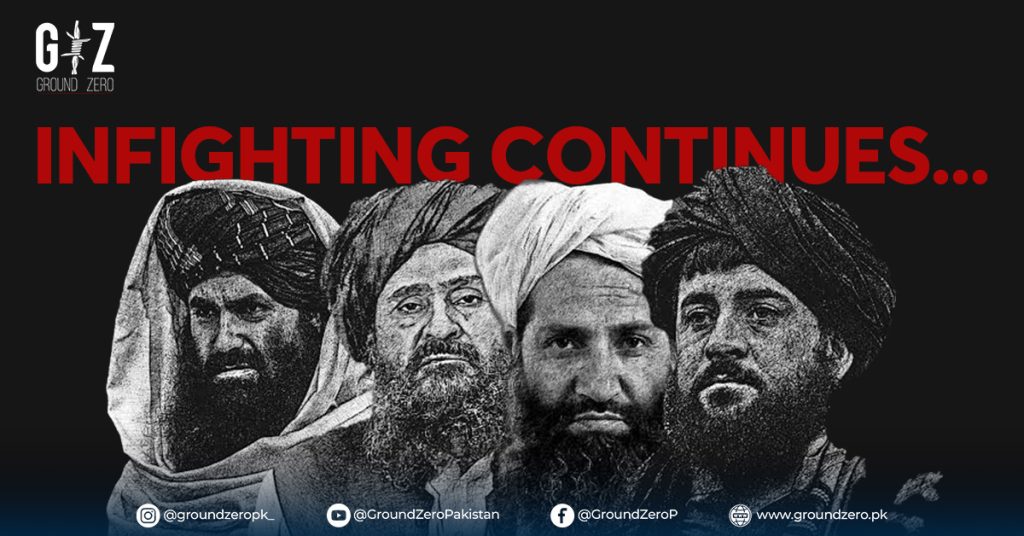Analysis: Power Struggles Within the Taliban
The appointment of Ahmed Haqqani as the successor to his father, Khalil-ur-Rahman Haqqani, has brought internal divisions within the Taliban into sharp focus. This move underscores the power dynamics between the Haqqani Network and Kandahar-based leadership under Mullah Hibatullah Akhundzada. With factions competing for influence, the Taliban faces challenges in maintaining unity and effective governance.
Learn more about Afghanistan’s shifting political landscape in our Afghanistan News section.
Ahmed Haqqani: A Strategic Appointment
Ahmed Haqqani’s appointment is a calculated effort by the Haqqani Network to preserve its standing in the Taliban’s hierarchy. As the eldest son of Khalil-ur-Rahman Haqqani and a trusted figure within the network, Ahmed combines familial legacy with operational expertise. His close ties to Sirajuddin Haqqani, the network’s leader, further strengthen his position.
The symbolic crowning of Ahmed during Khalil’s funeral, attended by key Taliban figures such as Deputy Prime Minister Abdul Kabir and acting Foreign Minister Amir Khan Muttaqi, reflects the Haqqani family’s intent to solidify its influence. This public show of support signals the network’s efforts to groom the next generation for leadership roles.
Discover how familial ties shape political power in the region in our Opinions section.
Kandahar’s Pushback
Mullah Hibatullah’s reluctance to endorse Ahmed Haqqani’s appointment reveals Kandahar’s strategy to curb the Haqqani Network’s growing influence. By proposing alternative candidates like Mohammad Yousuf Wafa, Kandahar’s leadership aims to challenge the semi-autonomous status of the Haqqani faction.
This move highlights the ideological and strategic differences between Kandahar and the Haqqanis. Khalil-ur-Rahman Haqqani’s previous criticisms of Hibatullah’s decrees, including those on medical education, illustrate the deep-rooted friction between these factions.
For insights into power dynamics within the Taliban, visit our Middle East News section.
Implications for the Taliban’s Unity
The struggle over the Ministry of Refugee Affairs exemplifies the broader issues threatening the Taliban’s internal cohesion. Kandahar’s central leadership and the Haqqani Network are locked in a battle to assert dominance, with the outcome carrying significant implications for the group’s governance.
A neutral candidate for the position could provide a temporary solution but risks alienating the Haqqani faction. On the other hand, endorsing Ahmed Haqqani may embolden the network while further straining relations with Kandahar’s leadership.
The Haqqani-Kandahar power struggle is a critical test of the Taliban’s ability to manage internal divisions and sustain its rule.
Final Thoughts
The appointment of Ahmed Haqqani and the resulting power struggle within the Taliban reveal the group’s challenges in balancing competing factions. As the Haqqani Network and Kandahar leadership vie for influence, the Taliban’s internal divisions threaten to undermine its ability to govern Afghanistan effectively.
Stay informed on the latest developments in Afghanistan by visiting our Ground Zero homepage.


